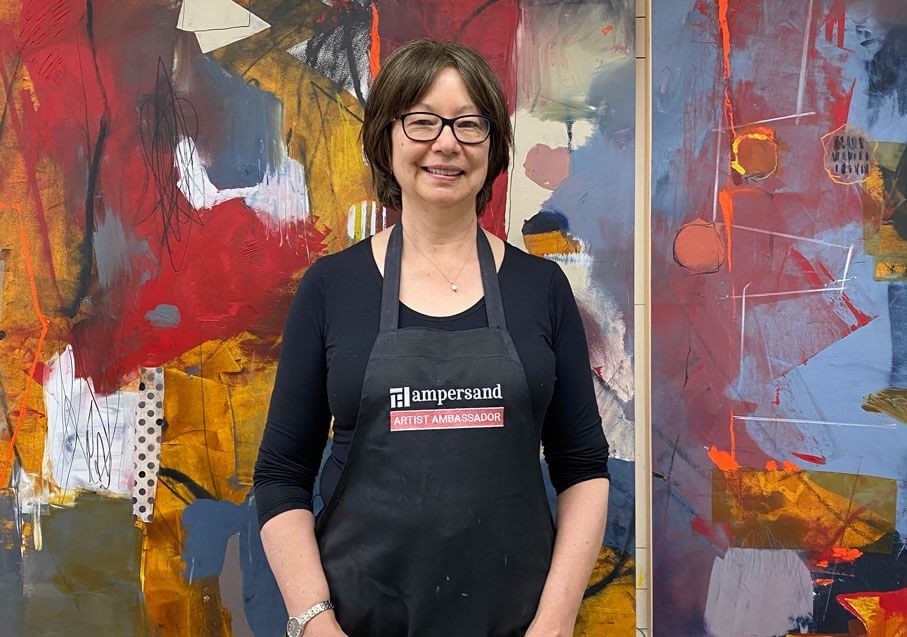What Do You Know About The Visual Language Of Art?
Publicado por art and success
Cuerpo
What is visual language?
Visual language is a system that conveys meaning through visual elements. It can be seen in a painting, which is composed of shapes and colors that are interpreted by the brain. Semiotics views signs and symbols in human communication, considering the cultural context for understanding their meanings. According to Swiss linguist Ferdinand de Saussure, each sign comprises two parts – the signifier (what conveys meaning) and the signified (the concept).
Similarly, visual language has a set of signs and symbols which need to follow specific rules to convey the intended message successfully. It should be consistent with its audience's expectations so they can quickly identify it. If you want to learn and understand the application of the visual language of art, enroll in a great Online Art School.

Like the English language, we have to follow specific patterns that include symbols & signs conveying meaningful messages using few or no words. These can be a symbol, a color, an image, or a combination. Join a Painting Art School to comprehend and learn the rules to imply visual language in arts.
Additionally, only Color & Design Art School Online allows you to express your ideas to the audience. The school will educate you on everything from knowing the audience to developing a uniform communication system.
Which advantages of visual language stand out the most?
Undoubtedly, visual language expresses meaning using visual components. Using them in your paintings is excellent for sending a thoughtful message to the audience. Join a Color & Design Art School and achieve your goal quickly.
Consistency
Your marketing campaigns become consistent once you establish a visual language. It enables your audience to recognize and relate each item to your business. With the best Color & Design Online Training program, you can develop the master skills of using them in your art.
If you want to elevate your art styling, enroll in the Art Success MASTERS course online to learn different stages of creating art, such as;
- Design
- Color
- Composition
- building confidence and belief, etc.
How to use it?
Imaging in the mind
The thoughts we have while awake and those we experience while dreaming are similar. Dream visuals might appear with or without spoken words, additional noises, or colors. In the awake state, the buzz of immediate perception, feeling, mood, and transitory memory images are typically in the foreground. For example, "The things we see in the sky when the clouds are drifting are projected from the mind during "daydreaming," which is a mental state between sleeping and being fully awake.
Meaning and expression
Abstract art demonstrates that the message may be communicated without using words or visual representation through line, shape, proportion, and color. Wassily Kandinsky demonstrated how doodles and other drawn elements might be expressive without being connected to a literal image. From the oldest tribes in history, visual language has been utilized for encoding meaning.
Conclusion:
Join the Best Art Programs like Art Success MASTERS, Powerful Design & Personal Color, ART and SUCCESS PRO Membership, Watch Learn Grow LIBRARY Membership, Cold Wax and Oil for Beginners, etc., in the Best Art School online.









Comentarios